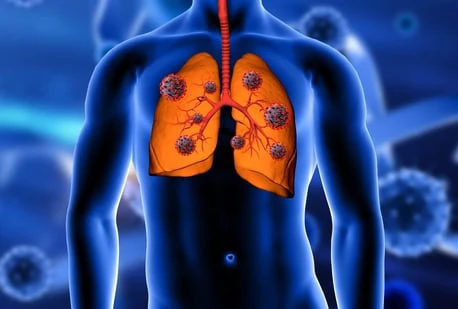According to the Centres for Disease Control and Prevention (CDC), smoking not only causes cancer, but it also blocks your body from fighting it by weakening the immune system, leading to the cancer cells continuing to grow without being stopped.
Doctors have known for years that smoking causes most lung cancers. But does quitting this deadly habit save you from the risk of getting lung cancer? In an August 19 Instagram post, Dr Sonia Goel, chest specialist and pulmonologist, talked about the risk of getting cancer in the lungs even when you don’t smoke.
Can you get lung cancer if you are a non-smoker?
The pulmonologist stressed that if you believe lung cancer is only a smoker’s disease, it is time you think again. Answering the important question of whether you can get lung cancer without smoking, she answered: “Yes, and it is more common than you think.”
 According to the lung expert, up to 20 percent of lung cancer cases happen in people who’ve never smoked. The pulmonologist stressed that if you’re experiencing persistent cough, breathlessness, or chest pain, it is always better to get checked. As for the risk factors, she revealed that they include:
According to the lung expert, up to 20 percent of lung cancer cases happen in people who’ve never smoked. The pulmonologist stressed that if you’re experiencing persistent cough, breathlessness, or chest pain, it is always better to get checked. As for the risk factors, she revealed that they include:
- Air pollution
- Secondhand smoke
- Family history and genetics
- Workplace exposure to chemicals (like asbestos or radon)
What can you do to prevent lung cancer?
Revealing what one can do to prevent lung cancer or reduce the risk, the pulmonologist said:
- Quit smoking (and avoid secondhand smoke): the number 1 cause of lung cancer.
- Eat a nutrient-rich diet, including fruits, veggies, and whole grains, to protect lung health.
- Staying active and maintaining a healthy weight boosts immunity and lung function.
- Reduce exposure to pollutants and carcinogens. Wear masks in pollution, avoid asbestos, radon, and workplace toxins.
Lastly, the expert cautioned, “Lung cancer doesn’t always come with a warning. Get evaluated if you have ongoing symptoms – even if you’ve never smoked.”
